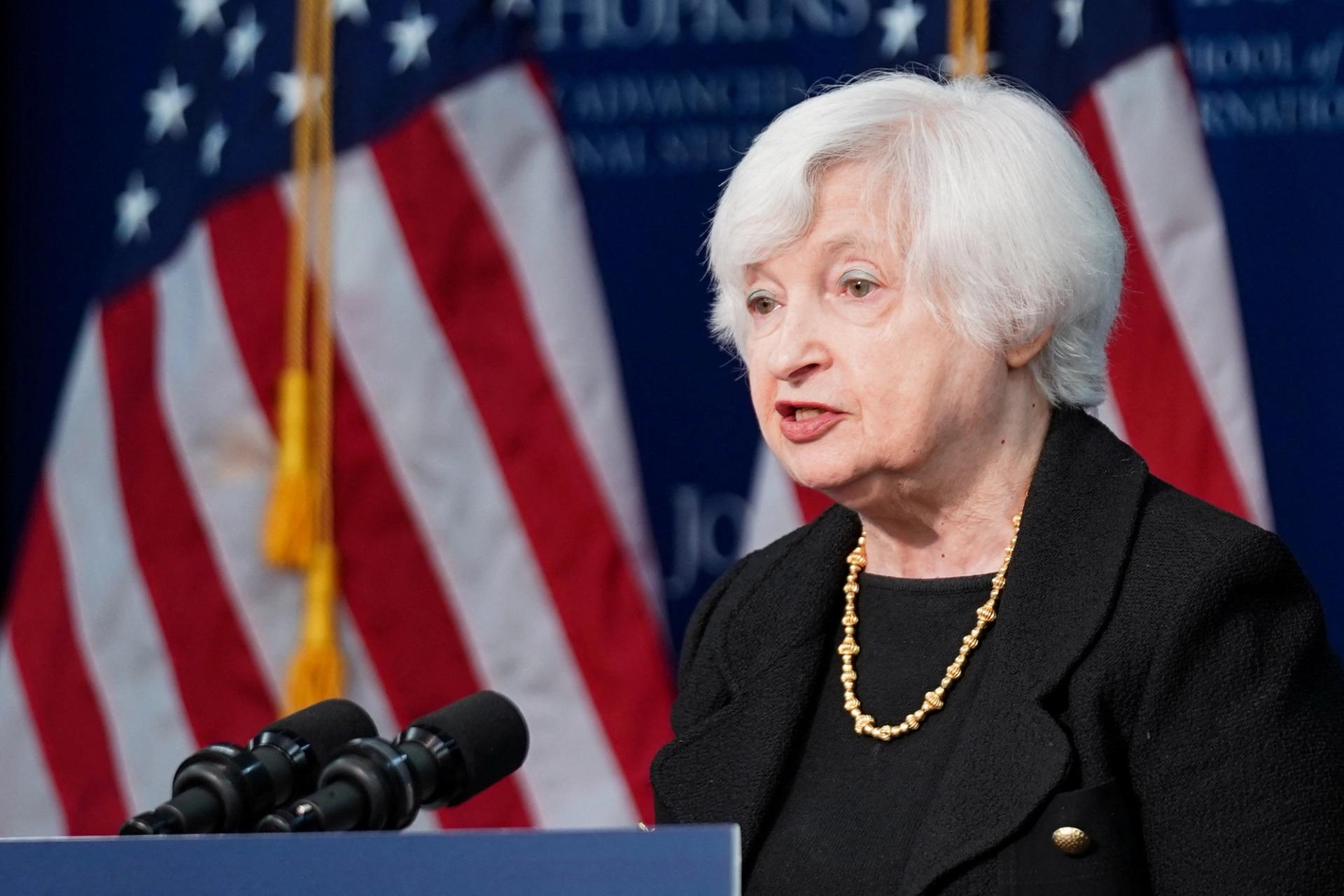The News
The government could potentially run out of “extraordinary” measures to pay back debts if the government does not raise or suspend the debt ceiling by June 1, U.S. Treasury Secretary Janet Yellen warned lawmakers in a letter on Monday.
She added that the estimate was based on “currently available data” and that “the actual date that Treasury exhausts extraordinary measures could be a number of weeks later than these estimates.”
“Given the current projections, it is imperative that Congress act as soon as possible to increase or suspend the debt limit in a way that provides longer-term certainty that the government will continue to make its payments,” Yellen said in the letter addressed to House Speaker Kevin McCarthy.
President Joe Biden on Monday called McCarthy and the three other congressional leaders, Rep. Hakeem Jeffries, Sen. Chuck Schumer, and Sen. Mitch McConnell, to invite them to a meeting on May 9 about the debt limit.
Know More
The U.S. hit its $31.4 trillion debt limit in January.
Yellen subsequently enacted “extraordinary measures” to start paying off some of the federal government’s debt, essentially not reimbursing certain trust funds or certain intergovernmental accounts, or suspending investments into things like federal retiree funds.
The measures do not impact ordinary Americans, but are only meant as a stopgap maneuver that is supposed to give enough time for Congress to negotiate a new debt limit.
But several Republican lawmakers immediately said they were either unwilling to raise the limit or would not negotiate with Democrats.
House Republicans last month passed a partisan bill that would raise the limit in exchange for cutting costs on legislation Democrats have recently passed, including scaling back most of President Joe Biden’s signature climate program.
Biden criticized the bill, claiming it targets working families while benefiting the oil and gas industry.
Step Back
Unlike many other countries, the U.S. government has an official limit on how much debt it can borrow in order to fund its daily business.
Crucially, America’s debt ceiling does not limit government spending. Rather, it simply prevents the government from issuing new bonds to cover obligations already on its books, including paying existing Treasury holders.
Experts agree that not raising the limit would cause catastrophic damages on the global economy, though the specifics of the fallout are not known because it has never happened before.
